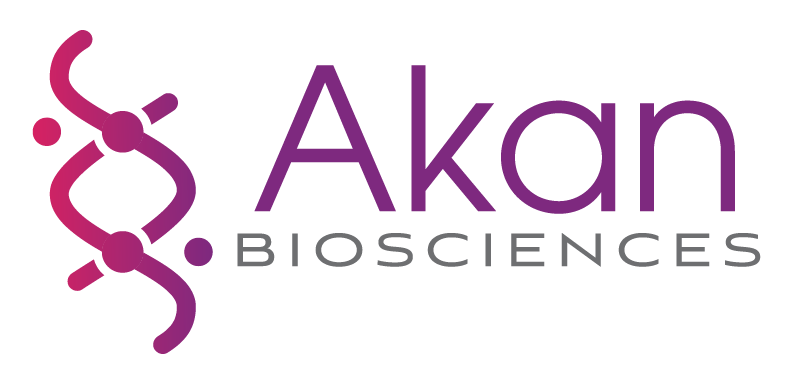Wound Healing
Wound healing is a natural reaction to tissue injury. For a wound to heal, four phases must occur in the right time frame: hemostasis, inflammation, proliferation, and remodeling.
This process involves an intricate interplay between several cell types, cytokines, mediators, and the vascular system.

3 - 6
Million Americans
are affected by non-healing chronic wounds
85%
of the people
suffering are 65 years
and older
$3 bn
is the health care
expenditures
per year

Wounds generally heal in about a month in otherwise healthy individuals. However, in certain conditions, wounds may take much longer to heal and lead to chronic wounds that may persist much longer time frames, not completely heal, and even lead to advanced side effects such as sepsis and amputations.
Non-healing chronic wounds affect about 3 to 6 million Americans.
Around 85% of the people suffering from a non-healing chronic wound are 65 years and older. It is estimated to result in more than $3 billion per year in health care expenditures.
Stem cell-enriched products have been shown to promote wound healing and reduce symptoms of advanced wound-related side effects.

AKAN Biosciences
Our Ultimate Goal
The goal is to make stem cell-based anti-inflammatory, regenerative, and reparative products accessible and available to everyone who can benefit from them.

